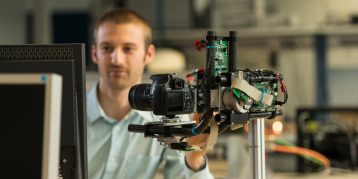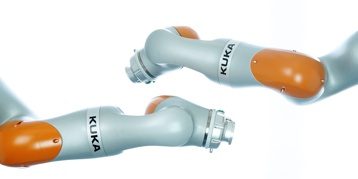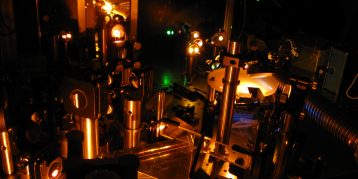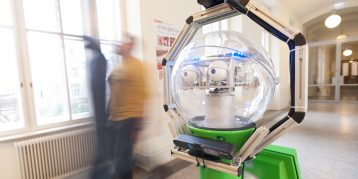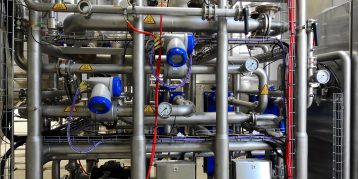Complex Dynamical Systems (CDS)
The Complex Dynamical Systems group does research in the field of modeling, simulation, analysis, optimization and control of complex dynamical systems as well as in image processing, sensor fusion, and cognitive robotics. The primary goal of our research is the improvement of the system behavior in view of the dynamic properties, the accuracy, the robustness, the reliability, the flexibility, the productivity, the overall equipment efficiency (energy, resources) by reducing the product costs at the same time.
Furthermore, we develop methods and algorithms which give the systems a certain degree of cognitive skills. A special focus is placed on machine vision methods and sensor fusion to perceive structures and objects such that robots and machines can, to a certain extent, act independently and can learn from experience. This paves the way to highly flexible manufacturing systems with robots as intelligent tools and to new service robots in different areas of life. In this context, our core expertise is on safe navigation, 2D and 3D attention, object modelling, object class detection, affordance-based grasping, dynamic collision-free real-time path planning, system optimization, as well as adaptive and learning control.
The philosophy of our research activities is a systems approach. Thereby, the design of complex dynamical systems requires a systematic analysis and a deep understanding of all interrelationships between the construction, the sensor and actuator elements, and the implementation of information technology and automatic control utilizing the possibilities of modern machine learning methods and adaptive control strategies. Generally, we put large emphasis on a systematic physics-based modeling and we utilize this model information together with suitable data-based concepts for the system analysis and the system design. Moreover, meeting strict real-time requirements and questions on robustness and reliability also play an important role in our research activities.
